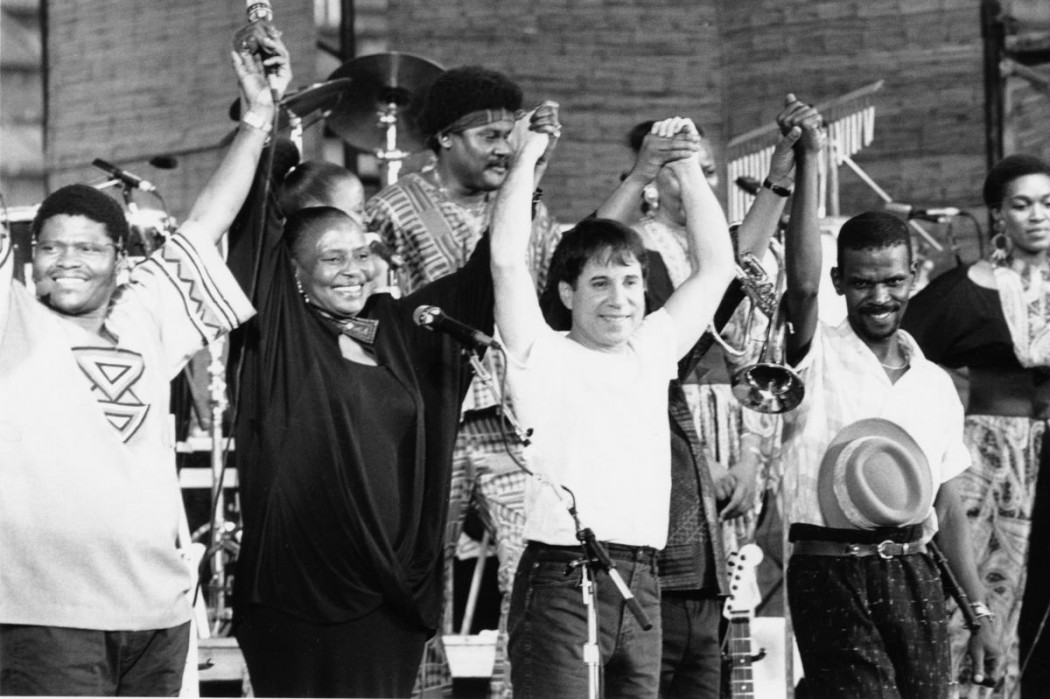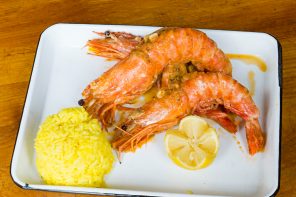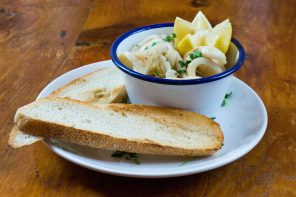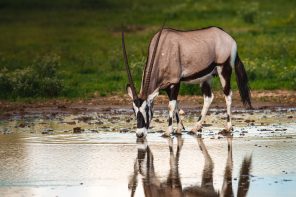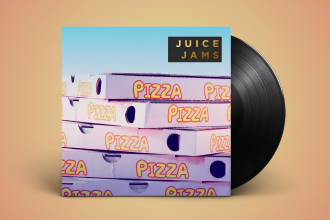(Before you start reading, listen to and learn all about South African music in WA’s November Playlist.)
In 1987, Paul Simon’s Graceland won the Grammy for Album of the Year. Few can dispute that the record was infectious, extremely well crafted and (commercially and critically) a smash hit. Today the record is considered by many to be his very best. It’s on a tediously long list of other “Best of” and “Greatest” lists in publications like Rolling Stone and Time.
For fans of Simon & Garfunkel’s more prolific half, this was a relief.
Just three years earlier, ‘Rhymin’ Simon’ released Hearts and Bones. (You haven’t heard of it for a reason.) It was a record that failed commercially, was met with poor reviews and is widely regarded as the lowest point of his career. Even for a songwriter as talented as Simon, to go from flop to masterpiece in the space of three years is quite a turnaround. So what happened?
South Africa happened.
As it turns out, it was the ‘Rainbow Nation’ and it’s the sound that inspired Simon to bounce back and pen some of his greatest tunes. This may come as a surprise seeing as the record’s title track (and arguably its centerpiece) focuses on Simon’s inspired, broken-heart-mending pilgrimage to the estate of Elvis Presley.
Graceland (Elvis’ former abode turned tourist attraction) is far from South Africa, both literally and poetically. It functions as a memorial for early American Rock n’ Roll and its roots, deep in the American South (Memphis, TN to be exact). The song opens with the lines “The Mississippi Delta/ was shining like a national guitar/ I am following the river down the highway through the cradle of the civil war.” It can’t get too much more American than that, or less South African. Even uttering “Elvis Presley” and “South Africa” in the same sentence seems to violate some unwritten law of the universe.
http://youtu.be/rDXzLeFUkpc
“Graceland” is a song about taking solace in the seminal days of rock n’ roll and the nostalgic comfort of Elvis and mid-20th century Americana… but it sure as hell doesn’t sound like early American Rock n’ Roll or any form of music from the American South. There’s no blues scale, none of the classic I-IV-V progressions, no boogie-woogie. Herein lies the paradox that makes this album so groundbreaking and so interesting.
The point of origin of the sound itself is much further south and much further east than Memphis. Simon serendipitously found his new direction on a cassette that featured a song by the Boyoyo Boys, a South African band playing music in the mbaqanga style.
Simon went on to explore the music of Johnny Clegg and Simon Mchunu, Juluka, Savuka, Miriam Makeba and Hugh Masekela, finding inspiration in the groove and bounce of their music and incorporating it into his own writing. Much of Graceland was recorded in South Africa. Plus, a slew of South African artists helped Simon flesh out the inspiration he found in the sounds of Cape Town and Johannesburg.
Artists like Ladysmith Black Mombazo, Forere Motloheloa, General MD Shirinda, Lulu Masilela and Jonhjon Mkhalali are all featured on the record and all helped Simon write the music. After Graceland attained critical and commercial success, Simon toured with many South African artists, including “Mama Africa” herself, the great Miriam Makeba.

Paul Simon with Nelson Mandela in 1993
And so it came to pass that one of America’s greatest songwriters wrote one of the greatest South African albums of all time. Some feel as if Simon stole the South African sound. Others, including Miriam Makeba and Hugh Masekela, feel he merely brought it to the world.
Whether the record is a result of true inspiration or theft is a matter of personal opinion and perception, but the songs remain the same: as brilliant and as South African as ever.

